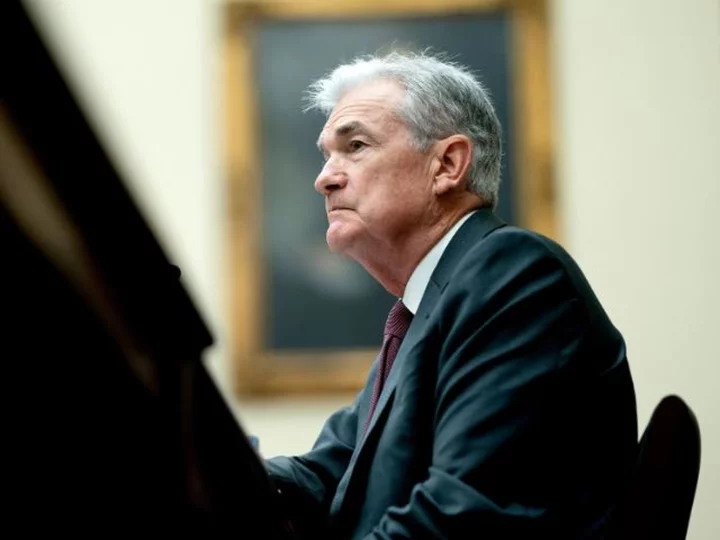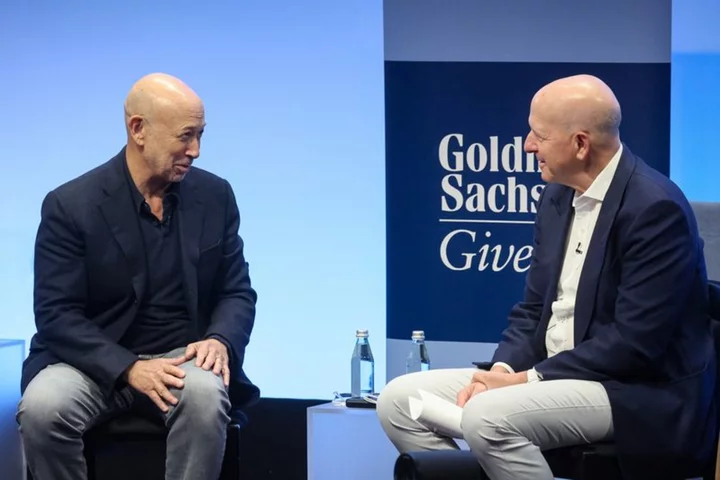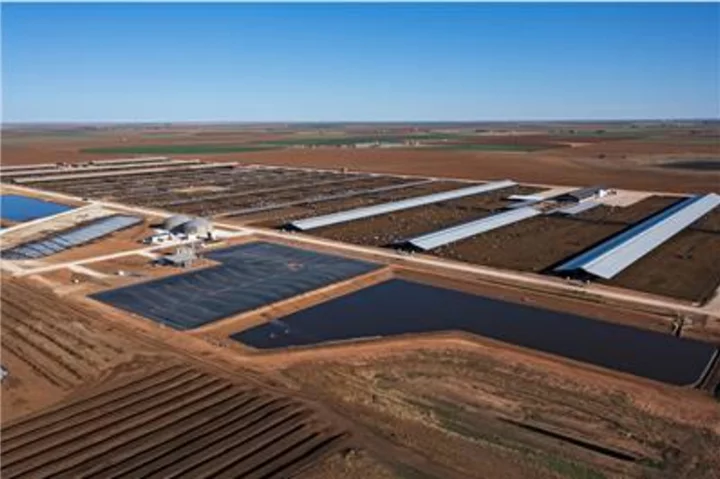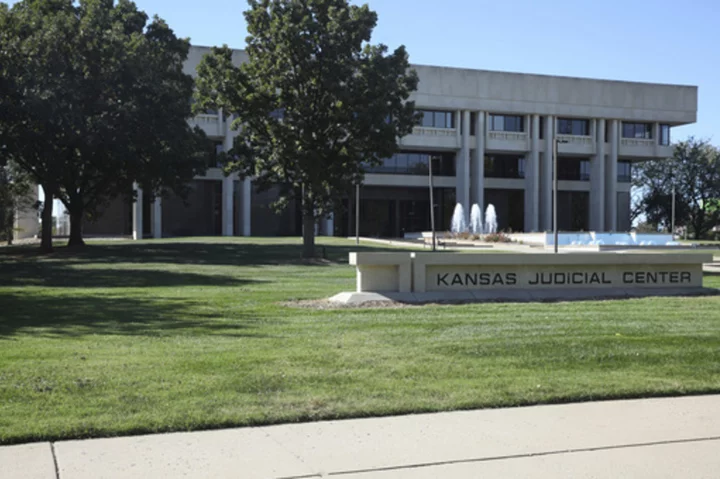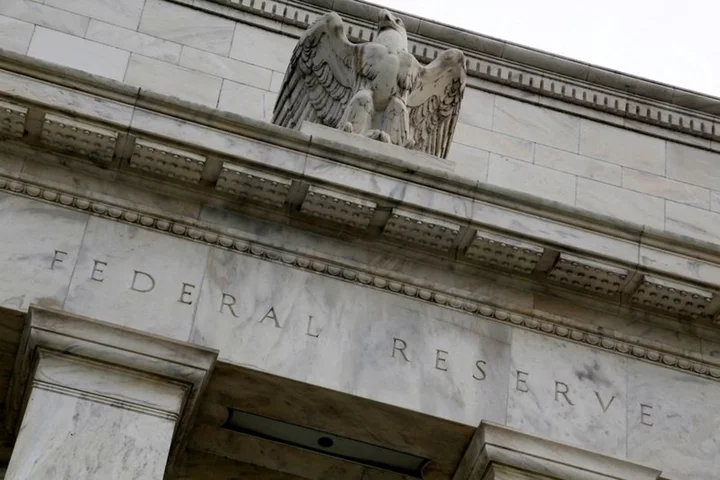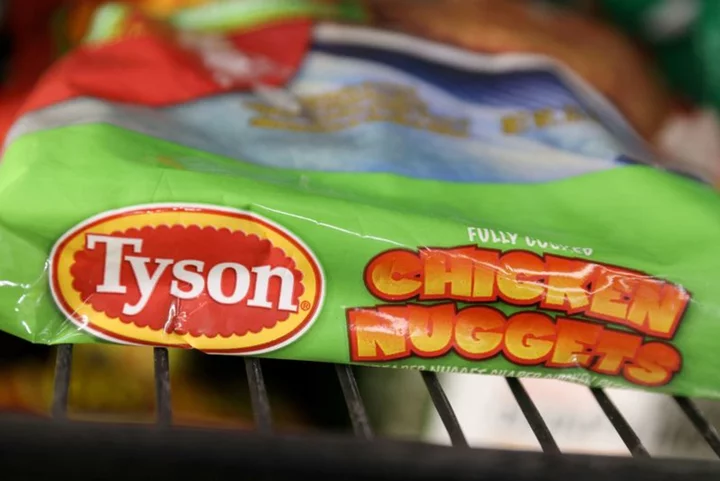Fed officials vigorously debated whether to hike rates again or hold them steady, according to minutes from the most recent meeting, released Wednesday.
When the dust settled, officials came to a consensus and voted to pause their rate hikes, leaning into their confidence of successfully defeating inflation, rather than the uncertainty felt over how banking stresses in the spring might impact access to credit.
Fed officials "judged that it was still too early to assess with confidence the eventual effects of tighter bank credit conditions on economic activity and noted that it would be important to monitor closely the potential effects of banking-sector developments on credit conditions and economic activity," according to the minutes, which showed that officials frequently voiced the upside and downside risks to the economy. That means the hawks and the doves each made their stances clear.
The Fed held its key federal funds rate steady at a range of 5-5.25%, snapping a streak of 10 consecutive rate hikes since the Fed began lifting rates in March 2022, arguing that the pause would be a "prudent" move and it would give them time to assess the economy after rapid rate increases, Fed Chair Jerome Powell said in his post-meeting news conference. However, officials have made it clear they're not done raising interest rates just yet and there might be as many as two more quarter-point rate increases this year, according to the Fed's latest Summary of Economic Projections.
Additional action from the Fed is based on concerns over inflationary pressures persisting, specifically in the labor-intensive services sector, Powell said in recent remarks. Indeed, overall inflation has retreated in the past several months, but core inflation -- an inflation measure that excludes volatile food and energy prices -- hasn't decelerated as fast. The Personal Consumption Expenditures price index, the Fed's preferred inflation gauge, rose 3.8% in May from a year earlier, down from April's 4.3% rise. Meanwhile, the core measure inched down to 4.6% from 4.7% during the same period, a slower deceleration, though it landed at its lowest point since October 2021.
While it's clear that officials remain determined to defeat inflation, it's not clear when officials plan to hike rates again. The June jobs report to be released Friday will be a key piece of data that will inform officials for their decision later this month. Top economists have argued that the tight labor market has been a persistent source of inflation because of how much higher labor costs have weighed on service providers, such as restaurants and hospitals. The Fed wants to see the labor market, which include monthly job and wage gains, slow to a pace that's consistent with 2% inflation. Government figures have shown a still-strong labor market, but some Fed officials at last month's June meeting noted that private-sector data "suggested that job growth may have been weaker than indicated by payroll employment," according to the minutes.
The job market has held remarkably steady despite the Fed's most aggressive rate hiking campaign in decades. Employers added 339,000 jobs in May, a historically robust gain, while the unemployment rate edged up to a low 3.7% that month, though there have been some signs of slowing momentum. Job openings are down from their record high last year and the rate of quitting has slowed to near pre-pandemic levels.
The Fed is also highly attentive to data gauging consumer demand. Consumer spending has cooled in the past several months, according to figures from the Commerce Department, and a slew of other factors are expected to weigh on consumers in the months ahead, such as the resumption of student loan payments and the Supreme Court striking down President Joe Biden's student loan forgiveness programs. Americans are also running down their savings accounts while racking up debt, so US consumers might just tap out at some point.
Fed economists reaffirmed their expectation of a mild recession later this year, dashing the possibility of skirting an economic downturn in 2023.

